| Jan 22, 2008 11:18 | |
 | i was never supposed to kowtow when receiving redenvelope... i just kneel down to budha when praying. |
| Jan 22, 2008 11:26 | |
 | I do not know. Because I may receive a gift from an elder during spring festival, I want to know the proper behavior. I did not know that a kowtow included kneeling; I thought is was only bending low in a bow. |
| Jan 22, 2008 19:11 | |
 | I thought kowtowing in Chinese is something akin to kneeling on the floor, and bowing with the forehead touching the ground as a sign of reverence and submission to the elders? Respect is shown differently in every culture. The Japanese do the same I think, or bowing in different angles depending on the level of respect warranted. For the Thai, it is placing your palms together and bowing gently. In my culture, it is taking the hand of an elder and gently touching the back of the hand against your forehead. In the West, a simple smile and a greeting or thank you is enough. It’s not that it is undignified in the West. Just that nobody is supposed to bow down on anyone because everyone is considered equal. By equal, meaning we are all human and age is not a big deal. It just happened that some people were born earlier than the others, nothing more. In Asia, age is a big deal. It dictates almost every structure of the society. A junior-senior relationship in school will stick for rest of your life, even job promotions are predicated on age. This is not true for all Asian countries though. Nobody kneels down in the West, unless you are picking up something or working on the floor. LOL! |
| Jan 23, 2008 02:17 | |
 | That's another reflection of the cultural difference. Chineses show respect to elders by "Kowtow" throughout the whole history, while in the west by a fond embrace or maybe some other ways I don't know but I think it should be like this...China has a long history, "kowtow" is just something left over by history...therefore, I don't think kneeling down mean undignified in the western culture either... |
| Jan 23, 2008 21:33 | |
 | (Kowtow: Both knees bent down on the mat, with the buttocks resting on the heels.) Kowtow is a traditional custom performed by the inferior to show enough respect to the seniors and higher officials in China's feudal society. With the abolishment of the feudal system in 1911, kowtow has actually ended as an official greeting. However, as an old custom, Kowtow has been passed on from generation to generation. The custom of Kowtow still prevails among average people on the occasions of sacrifices and birthday celebrations for the elder in a family. During the Spring Festival, little kids are supposed to perform Kowtow before accepting "red envelop" from "grand parents". This custom prevails in many rural areas in China. In cities, the custom has been largely abandoned. |
| Jan 24, 2008 19:41 | |
 | "...while in the west by a fond embrace..." Which reminds me; I hugged my friends when I was in China. I think I gave them the shock of their lives. LOL! |
| Jan 24, 2008 19:54 | |
 | SHESGOTTOBE, you give your friends a hug. I don't know if there is a custom in USA that people kiss each other when they met. Sometimes, does a gentleman kiss a lady on her hand or on her cheek? |
| Jan 24, 2008 20:16 | |
 | When I met my girlfriends friends in Taiwan in a nightclub, I kissed them on their cheeks. They looked a bit bashful and then my girlfriend said "maybe you shouldnt do that next time, we are not the same as in england" I didnt realise they might be embarassed! Still, no harm done, but I shall definetly remember for next time! |
| Jan 27, 2008 21:01 | |
 | TIGERPAUL, Asian girls are generally very shy. For the first encounter, it is better off to shake hands with the girl than kissing them on their cheeks or on their hands. Kowtow is usually performed to show repect to the seniors. I am looking forward to receive some "red envelops" from my parents in the spring festival, but I am not supposed to perform Kowtow since I am not a kid anymore. |
Page 1 of 2 < Previous Next > Page:
Post a Reply to: "Red envelop" and "Kowtow" in Spring Festival




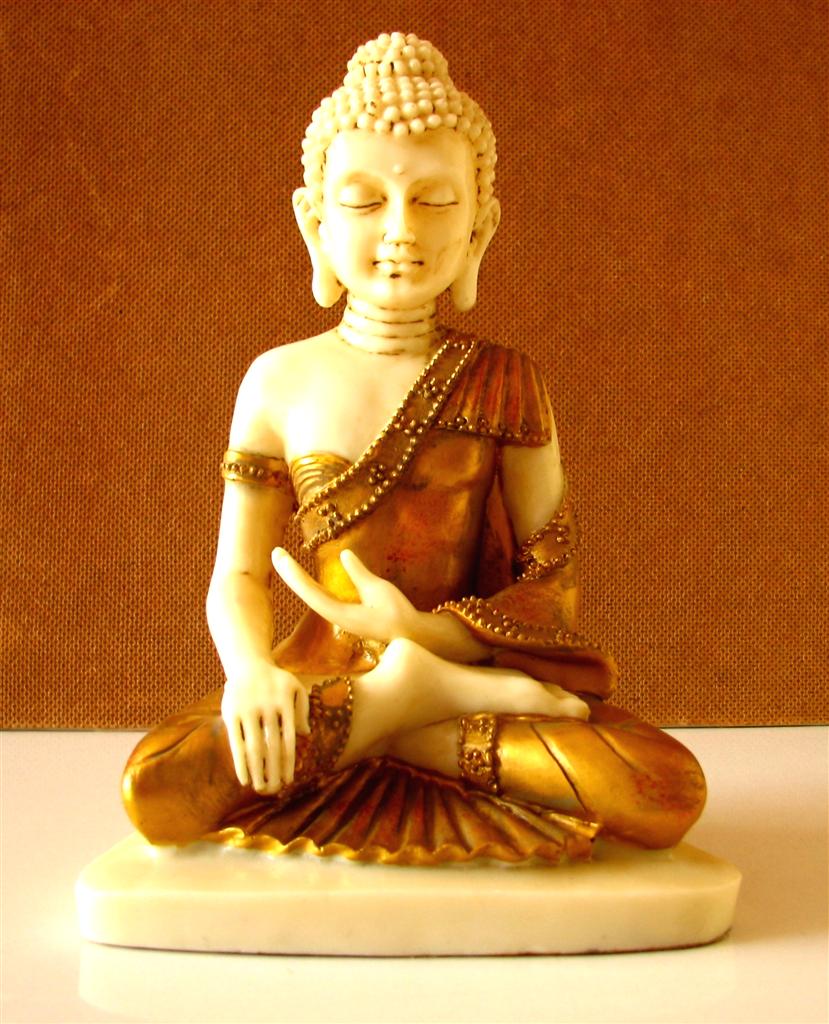
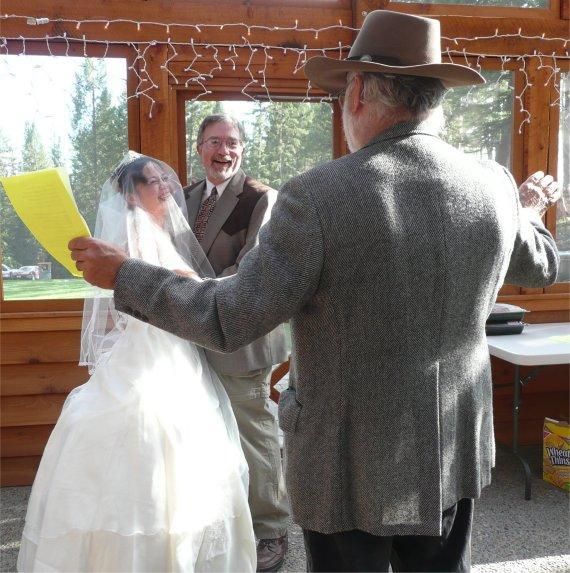
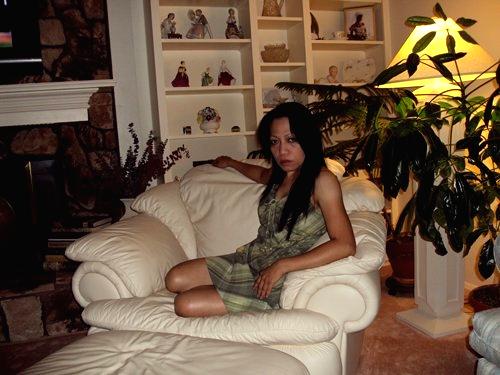
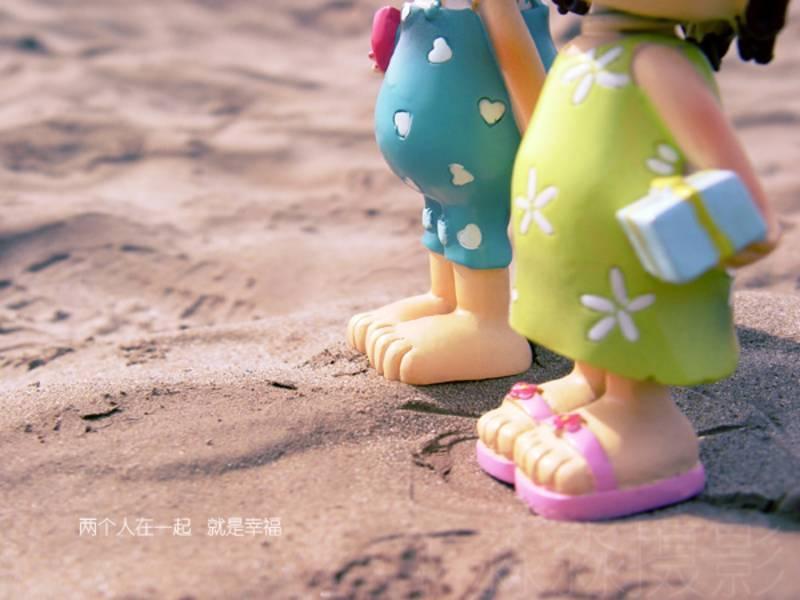
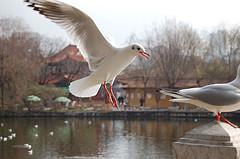
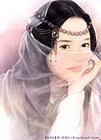
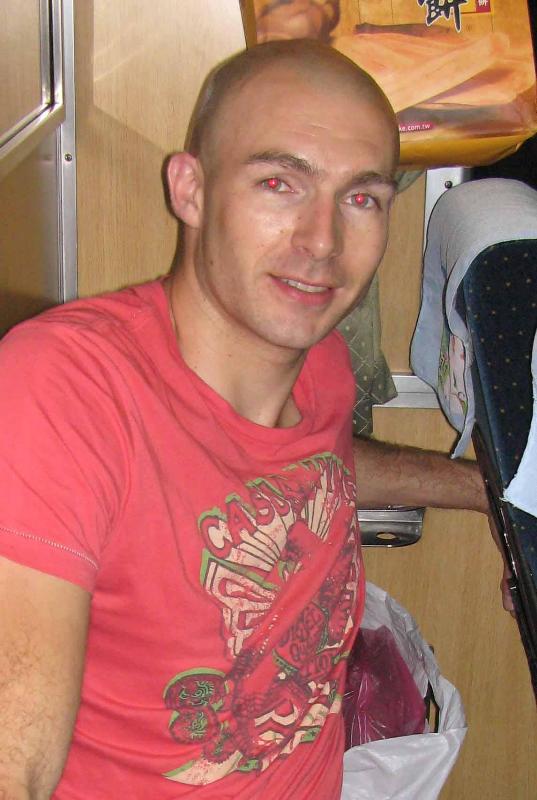
 Copyright © 1998-2026 All rights reserved.
Copyright © 1998-2026 All rights reserved.